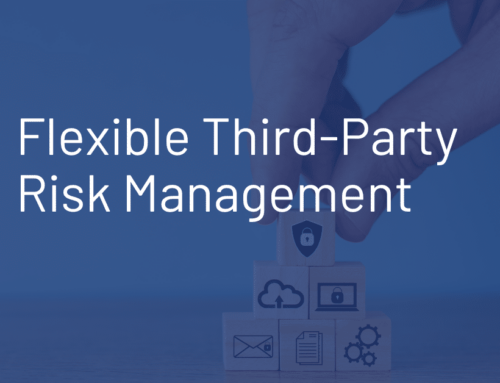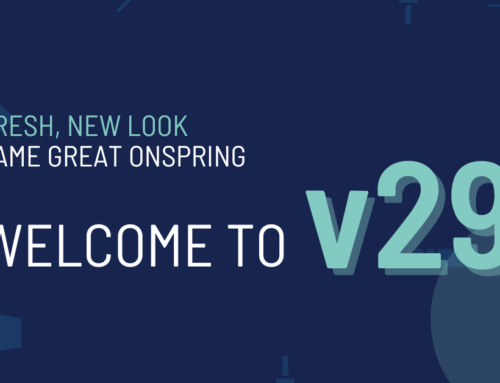Challenge what you know
It’s easy to get comfortable with our own knowledge
Several months ago, I read an article on Smithsonian.com about the discovery of skeletal remains from the original Jamestown settlement. It wasn’t long before I fell down the rabbit hole, eager to learn more about Jamestown and the colonization of the “New World.” I quickly realized that I knew nothing! Or, more accurately, nearly nothing.
This event set me off on an obsessive reading spree about US history—not the glossy summaries I had encountered in textbooks but detailed historical perspectives from people who lived through the 17th, 18th and 19th centuries in this country. My reading of late has focused on indigenous peoples and their experiences as trappers, traders, miners, homesteaders and “blue coats” moved into the territory they had inhabited for millennia.
This historical reading and research has changed me. My understanding of the present has been reshaped by my growing knowledge of the past. Obviously, I still have much to learn, but I’m starting to scratch the surface, and I intend to keep digging. My shallow knowledge of history is no longer acceptable.
It’s funny…once you open your eyes in one area, you start challenging your knowledge and beliefs all over the place. You start asking, “How did we get here?” “Why do we do things this way?” “Why do we think like this?”
When it comes to business, I wonder if we spend enough time considering what has happened in the past. Having worked in the startup world for much of my career, I’ve seen intense focus on innovation and change, but I’ve rarely seen a careful analysis of the past. Does our obsession with the future—with the “next big thing”—blind us to valuable insights from yesterday’s work?
I think it may. As we race toward tomorrow, we risk ignoring the history that has shaped us. I’d like to challenge myself (and you, if you’re willing) to start approaching our professions with more of a 360° view. Here’s what I mean in practical terms:
Origin Story. Let’s understand why our organizations and professions exist in the first place. Where did it all start? How long have people been engaged in this work? What form has the work taken in the past, and when did it evolve to its current state? There’s a whole series of events that may give us fresh perspective (and renewed enthusiasm) for our roles.
Tribal Knowledge. Unless you’re the company founder, you probably know at least a few people in your organization who came before you. What knowledge and experiences do they possess that you should know about? What valuable lessons do they keep tucked away in their minds? Let’s ask! People are generally willing to share their stories if you’re willing to listen.
Industry Evolution. Moving beyond our own walls, let’s understand how our industries took shape. Even the most cutting-edge technologies evolved from somewhere—from a need that was being addressed in different ways, by different players. Sure, maybe the products and services of old were crude or inefficient, but they should not be lost to history. Remember the adage, “Those who cannot remember the past are condemned to repeat it.” The people who shaped our industries learned valuable lessons along the way, and we’d be wise to study them.
In with the Old. Before we had Netflix, we went to the movies with friends. Before we had smartphones, we talked on landlines, sent letters and had regular, in-person interaction (gasp!). Those were (and are) good things. In our pursuit of innovation, let’s not forget the value of our past modes and methods. We weren’t total idiots in our previous lives. :) I’d argue that there’s much from our history that’s worth preserving.
One final point: When it comes to our work, it’s easy to get comfortable with our own knowledge. After all, we’ve been on the job for a while, and we know what we’re doing! That may be true, but it’s also limiting. I’d like to get more comfortable with being uncomfortable. I’m ready to challenge what I know—to admit that I don’t have it all figured out and that I can gain a LOT of wisdom from those who blazed the trail before me.
About the author
Sarah Nord
Director at Onspring
10 years GRC experience






